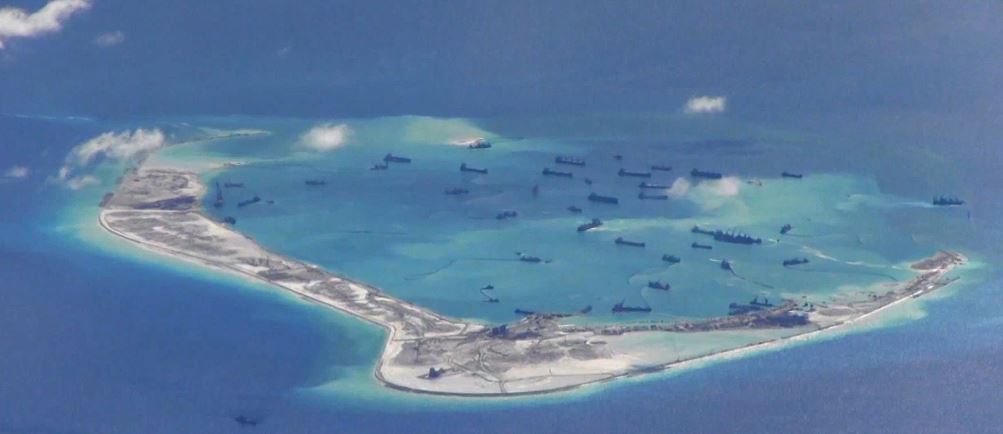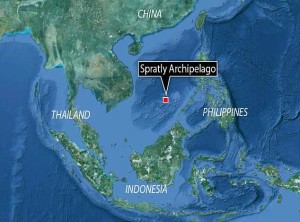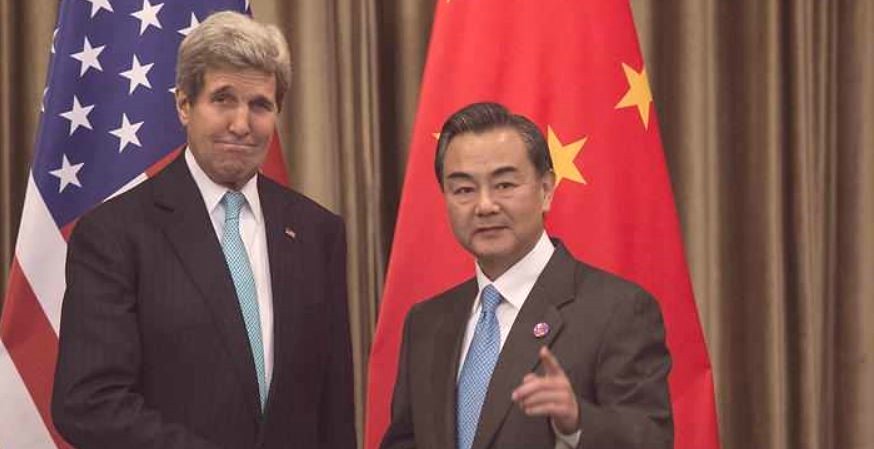
Cuba, China and the U.S. in geopolitical context
Cuba’s retraction of an invitation to China to host its warships and conduct joint exercises in the Caribbean is a prime example of geopolitics at work.
If the retraction is true (it was an exclusive news item in the Japanese daily Yomiuri Shimbun this week), it shows how wary the Castro government is of spoiling an ongoing effort at rapprochement with the United States.
Consider the context. Cuban and American negotiators this week engaged in their fourth round of talks on re-establishing diplomatic relations, a step that might precede a lifting of the U.S. embargo/blockade against the island. Much is at stake in those talks, which “are making advances,” according to Cuban sources.
In the past year, Cuba has also made advances in its relationship with China and Russia, two of its most important trade partners and ideological kinfolk. Now, the triangle Cuba-China-Russia is about to become a quadrangle — Cuba-China-Russia-U.S. — and Cuba is faced with a dilemma.
At this delicate stage of Cuba’s talks with the U.S., the presence of Chinese warships in Havana Bay would certainly put a damper on the negotiations, which is why Raúl Castro (if we believe the Japanese report) cancelled the project.
Washington is having its own problems with China, and having Chinese warships within radar range would be to the Pentagon like waving a red flag in front of a bull.

Right now, the U.S. is concerned by China’s expansion in the South China Sea, where Chinese construction crews are rapidly building artificial islets in waters claimed also by the Philippines, Vietnam, Malaysia, Taiwan and Brunei. Japan is also concerned.
The extent and speed of the construction in those small islands, where aircraft landing strips are already visible, indicate that China plans to use them as monitoring stations for naval traffic. Trillions of dollars in ship-borne trade pass through the South China Sea every year.
Last Wednesday (May 20), a U.S. surveillance plane flying over the artificial islands in the Spratly Archipelago was ordered repeatedly by Chinese Navy vessels to leave the area at once. The Pentagon suspects that Beijing plans to enforce a military exclusion zone over the islands.
The previous day (May 19), a U.S. Navy exercise in Oahu, Hawaii, brought together military commanders from Japan, Australia, the Philippines and 20 Asia-Pacific nations. The objective of the drill, which involved military ships and aircraft, was to land marine units on a beach by boat and helicopter and destroy a fictitious training camp for insurgents.

Also last week, Secretary of State John Kerry flew to Beijing to discuss with Foreign Minister Wang Yi the wisdom (or folly) of expanding a military presence in South China Sea waters claimed by other nations.
“With regard to construction on the Nansha islands and reefs, this is fully within the scope of China’s sovereignty,” Wang told reporters, using the Chinese name for the Spratly Islands. “China’s determination to safeguard its sovereignty and territorial integrity is as hard as a rock.”
The construction work is “the people’s demand” and “our legitimate right,” Wang said.
Kerry later said that he had “urged China through Foreign Minister Wang to take actions that will [help] reduce tensions and increase the prospect for a diplomatic solution.”
So, within this context, it is not hard to understand why President Castro would ask China’s military to keep a low profile in the Caribbean and suspend any project Havana and Beijing may have agreed upon in the past.
To antagonize President Obama at this stage of the diplomatic talks would have been risky. And China, Cuba’s second largest trade partner, would not be offended by the volte-face at a time when it, too, wants to keep Cuba as its toehold in Latin America.
It’s all geopolitics. And Castro seems to be heeding the old saying: “Keep your friends close and your enemies closer.”
[Photo at top of construction ships dredging land to expand Mischief Reef this week.]


